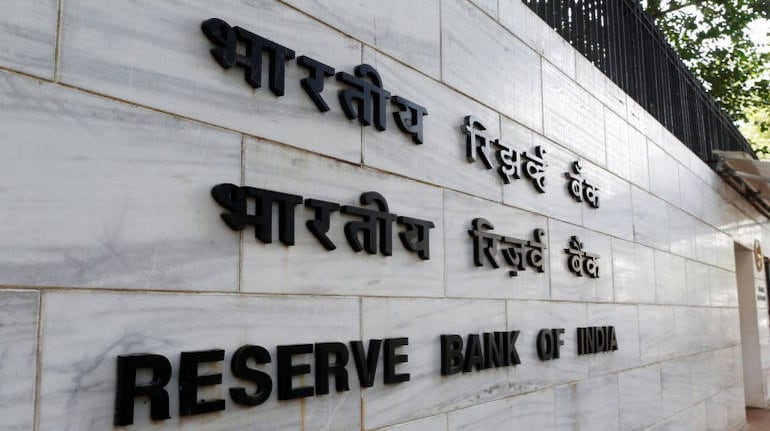In the last two consecutive quarters (January - March of FY 2019-20 and April - June of FY 2020-21), the average consumer price index-based inflation breached 6 per cent. The MPC need to target inflation to keep it within 4 per cent, within a band of +/- 2 per cent
The Reserve Bank of India's (RBI's) Monetary Policy Committee (MPC) on August 6 said it expects headline inflation to remain elevated in the second quarter of FY 2020-21.
Announcing the MPC meet outcome RBI Governor Shaktkanta Das said food prices are expected to increase in the near term, due to broken supply chains as a fallout of the COVID pandemic. Overall inflation is expected to remain elevated in the near term because of costly petrol and diesel prices.
Das said domestic food inflation remains elevated across most economies since the novel coronavirus outbreak.
"A more favourable food inflation outlook may emerge as the bumper rabi harvest eases prices of cereals, especially if open market sales and public distribution offtake are expanded on the back of significantly higher procurement. Nonetheless, upside risks to food prices remain," the MPC document stated.
In the last two consecutive quarters (January - March of FY 2019-20 and April - June of FY 2020-21), the average consumer price index-based inflation breached 6 per cent. The MPC needs to target inflation to keep it within 4 percent, within a band of +/- 2 per cent.
Track live updates of RBI Monetary Policy
The MPC expects that unless the supply issues get resolved, vegetable prices - which have been elevated - could remain high. It also expects prices of meat and poultry products to stay high, and thus become a key source of food inflation.
In a departure from previous practices, the central bank did not forecast quarterly inflation numbers during its last two policy statements.
“Surges of fresh infections have forced fresh clampdowns by states,” Das said. “Several high-frequency indicators have levelled off.”
Also Read: Shaktikanta Das gives banks one-time loan recast, but with riders
Das said a more protracted spread of the pandemic is one of the key downside risks to growth. For the full year, economic growth is expected to be in the negative zone and in the first half, real GDP is expected to contract.
MPC kept the repo rate unchanged at 4 percent and maintained the stance as accommodative. Repo rate is the rate at which RBI lends funds to commercial banks when needed.
"The spread on interest rates on various categories has softened and there has also been evidence of trickle-down of the rate cuts done previously, which justifies the decision to retain the rates," said Divakar Vijayasarathy, founder and managing partner, DVS Advisors LLP.
The reverse repo rate was also kept unchanged at 3.35 percent. The committee voted unanimously in favour of status quo.
Also Read: RBI relaxes norms for gold loans
"The MPC was cautious with adequate concerns on the evolution of inflation trajectory while being fully supportive of growth prospects as and when inflation trajectory allows. We expect the RBI to pause in the near term with the possibility of a rate cut (if any) visible from the December policy when inflation starts to fall," said Suvodeep Rakshit, vice-president and senior economist at Kotak Institutional Equities.




